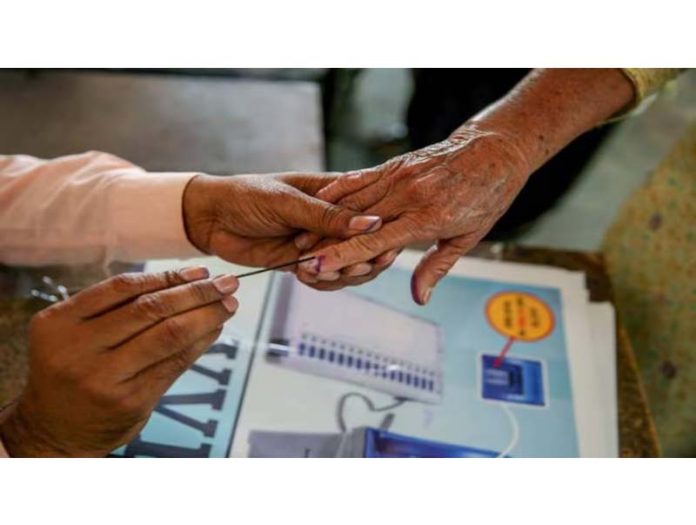The announcement by the Election Commission of India to hold the first Assembly elections in Jammu and Kashmir post the abrogation of Article 370 and the bifurcation of the erstwhile state into two UTs marks a pivotal moment in the region’s complex political history. Slated for three phases starting September 18, 2024, this election signifies not only a procedural democratic exercise but a symbolic gesture of the region’s evolving governance framework and the challenges that lie ahead. This election is historic for several reasons. For one, it is the first Assembly election in J&K since its reorganisation in 2019, which saw the state stripped of its special status under Article 370 and split into the UTs of J&K and Ladakh. It is also the first election where Ladakh, now a separate UT, will not participate. Additionally, this election introduces nine reserved seats for STs, marking a crucial step towards political inclusion for historically marginalised communities in the region.
The three-phase schedule suggests a streamlined approach by the ECI, particularly given the volatile security situation and the logistical challenges of conducting elections in a region with a history of militancy. The political landscape of J&K has undergone significant changes since the last Assembly election in 2014, which saw the BJP form an unlikely coalition Government with the PDP. That experiment in power-sharing ended abruptly in 2018, leaving the region under Central rule. The upcoming election is not just a test for the regional parties but also for the national parties that have stakes in the region’s future.
Security remains a paramount concern, especially given the ongoing insurgency in parts of the J&K. The ECI has emphasised that while there has been some concern about the security situation, this will not deter the democratic process. The establishment of floating polling stations on Dal Lake and one along the LoC for areas with a 100 percent ST population is a testament to the commission’s commitment to ensuring that every voter, regardless of location, can exercise their franchise.
While the election presents an opportunity for the people of J&K to voice their aspirations, it also brings to the fore several challenges. The region has been without an elected Government since June 2018, and the prolonged absence of a legislative assembly has been missed for too long. Moreover, the reserved seats for STs and SCs, though a progressive move, may alter the electoral dynamics in ways that could either foster greater inclusion or deepen existing political divides. The role of youth and women in this election will be crucial in determining the future course of the region’s politics. Their participation could signal a shift towards more inclusive and representative governance.
The upcoming Assembly election is a crucial test for democracy in J&K. It is an opportunity for the people to reclaim their legacy and participate in shaping their future. However, it is also a test for the Government, which must ensure that the election is free, fair, and conducted in an atmosphere that allows for genuine political expression.
The success of this election could pave the way for a more stable and prosperous J&K, where democratic processes are respected and the will of the people is paramount. As the people of J&K prepare to go to the polls, it is important that all stakeholders-political parties, security forces, and civil society-work together to ensure that the election is a success. The focus should be on addressing the aspirations of the people, particularly the youth, who have borne the brunt of the conflict and are eager for a future where peace, prosperity, and political stability are the norm rather than the exception. The election will not only test the resilience of J&K’s democratic institutions but also the commitment of its people to chart a new course for their region, free from the shadows of violence and conflict.
Trending Now
E-Paper


